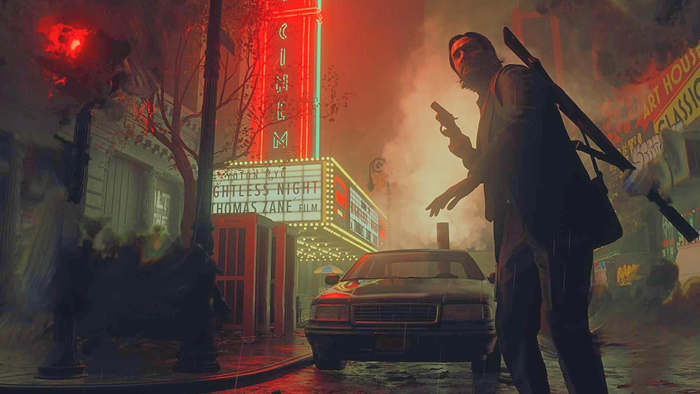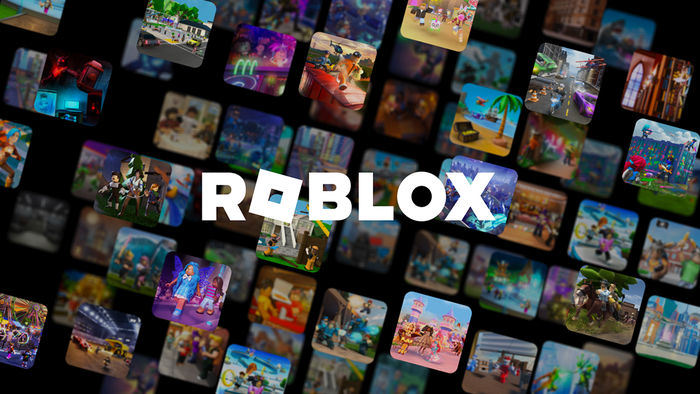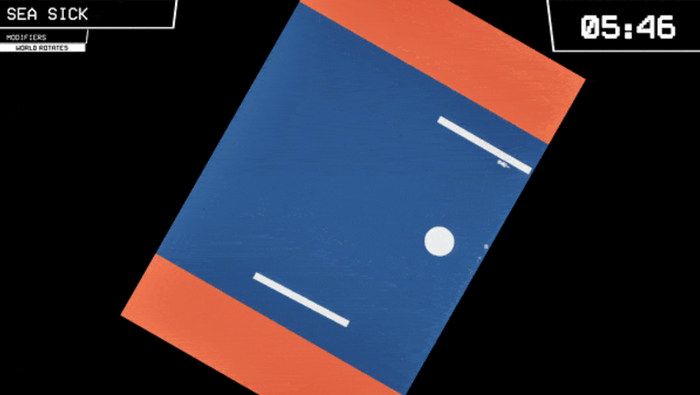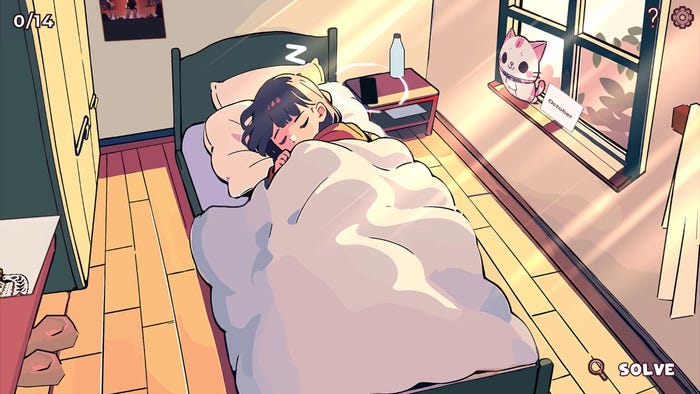
Read More from GDC 2024 | Keep up with the latest game industry event coverage from GDC 2024, including news, talks, interviews, and more from the Game Developer team.
CD Projekt boss says the studio needed to change how it makes games
CD Projekt joint-CEO Michal Nowakowski explains how the Cyberpunk developer is learning from the past while looking to the future.
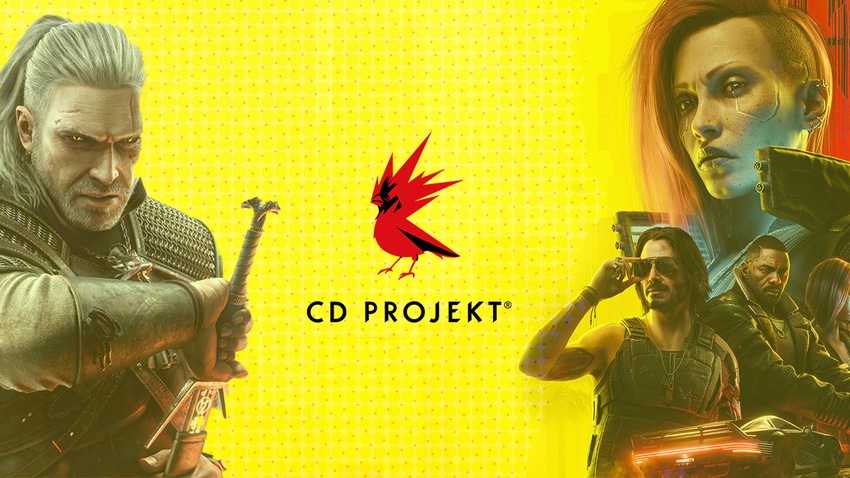
CD Projekt isn't slowing down. Fresh from crowning its Cyberpunk 2077 redemption arc with the launch of acclaimed expansion Phantom Liberty (which sold 4.3 million copies in two months) and delivering its second-best annual financials in history, the Polish studio is ramping up development on the next entry in its celebrated The Witcher series.
The company now has around 400 developers working on the project and is looking to learn from past mistakes to ensure production is a little smoother this time around. It has other irons in the fire, too. Another 20 people are toying with the cerebral dust that will eventually become the Cyberpunk 2077 sequel, while a 40-strong team of developers attempt to breathe life into a previously announced Witcher spin-off over at The Molasses Flood.
Those teams comprise the people who survived a round of layoffs in July 2023, when roughly 100 jobs were cut to enable the studio to become more "agile" and "effective." It's a tidbit you hear a lot when layoffs are announced, with studio leaders often indicating the only way to become more sustainable is to sacrifice human ballast.
During a recent chat at GDC 2024, we spoke with CD Projekt joint-CEO Michal Nowakowski to learn how the studio intends to translate those words into tangible production practices and discussed what the future holds for a studio that, right now, looks to be in the ascendancy.
Ditching silos to supercharge development teams
Discussing the layoffs CD Projekt made last year, Nowakowski says the company had to let people go because they held positions that were not "relevant" to its projects at that point in time. He acknowledges the process would have been a "horrible experience" for those involved, but says it wasn't an easy decision for the company either.
When asked how sizeable, multi-project studios like CD Projekt can mitigate those situations moving forward to actually become more sustainable, Nowakowski said the secret lies in planning. More specifically, planning for how your projects might overlap so that specialist workers can continue applying their skills in the long term.
"We asked ourselves that question, because when that decision was made we said 'how can we ensure as much as possible that this doesn't repeat itself?' Obviously things can go very wrong for the company and then [layoffs] might become a reality. But the secret I think is in planning how projects overlap, so that when people finish their jobs over here you're not in a position where there's no work for them."
He explains CD Projekt has completely changed how it makes video games with sustainability, security, and cross-team collaboration in mind. "The way we develop is totally different from what it used to be," he adds. "We used to develop games in more siloed ways and didn't really have the visibility [...] we have right now–which was already the case with Phantom Liberty–with regards to how the project progresses and how we can transition people between the projects."
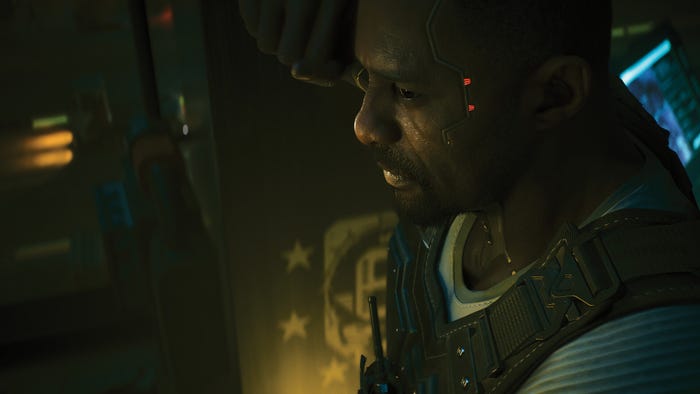
Cyberpunk 2077: Phantom Liberty // Image via CD Projekt
Breaking down the company's new approach, Nowakowski says internally it's called "agile" development but notes that, for CD Projekt, the term perhaps eschews the traditional definition. "[For us] what it means is an ongoing iteration. It's an oversimplification, but let's say we used to have five different silos where we developed a game," he says. "You developed a little bit here, a little bit here, and a little bit here. Then you took it out [of those silos] and put it together and you saw the result. If you didn't like it, [...] it meant that you had to go back to the drawing board in some cases."
Returning to the drawing board within that siloed framework could be an issue, to say the least. Reworking one aspect of the game often impacted teams in other silos, causing a destabilising chain reaction when something was amiss. "The more complex our projects became, the more difficult that was," says Nowakowski "It was easier with Witcher 1. It was manageable with Witcher 2, but it got harder the further we went."
The difference with agile development, says Nowakowski, is that it's "additive and iterative." Instead of trying to piece together a functional whole from disconnected parts, each team works together to nurture an idea as it sprouts and takes root–eventually becoming a colossal triple-A project that feels altogether more cohesive. "You start with this teeny, tiny spot, and that spot grows. [You get] something working on all the platforms that you're targeting, and you just add things," he continues.
It's a rather condensed rundown of CD Projekt's new philosophy, but it's fascinating to hear Nowakowski discuss the upsides from both a development and business perspective. "The more agile methodology allows us to plan out much better what's going to happen. Why is that important for the business? Because the business relies on that production planning in terms of 'when do we announce dates? When do we pick up pre-orders?'"
That ability to more effectively and accurately put down a timeline is vital to a company like CD Projekt, because when it slips (as it has in the past) it can cause huge upheaval. "That was definitely a challenge with Cyberpunk," continues Nowakowski, who emphasizes that when a production is properly nurtured during the planning phase, it can't help but become more sustainable. "[With agile] you know much better where you're going to land, and you can plan against that: building buffers and other executes, like a promotional campaign, in a much better way."
Does CD Projekt want AI tools? Only if they can empower workers
As we discuss CD Projekt's newfound agile affection, I ask Nowakowski whether he feels there's a place for AI tools within production. The short answer is a confident 'yes,' but with the caveat that those tools must reinvigorate rather than replace developers.
"I think there is a place for [AI tools]," he says. "Our opinion is that there are ways to implement AI in a way that is beneficial to how we can actually develop the game. That it will put additional tools into people's hands and not replace them."
When asked specifically whether CD Projekt would consider leaning on generative AI, given the concerns surrounding the use and legality of OpenAI tools like ChatGPT and DALL-E, he says the company would only deploy tools that have been trained on its own data.
"The answer is, if at all, yes. And I'm not saying we're doing that," he continues, "but I can imagine an example of placing litter in the world, which in the past in our games was done manually by people who could actually do other things and probably would love to do other things.
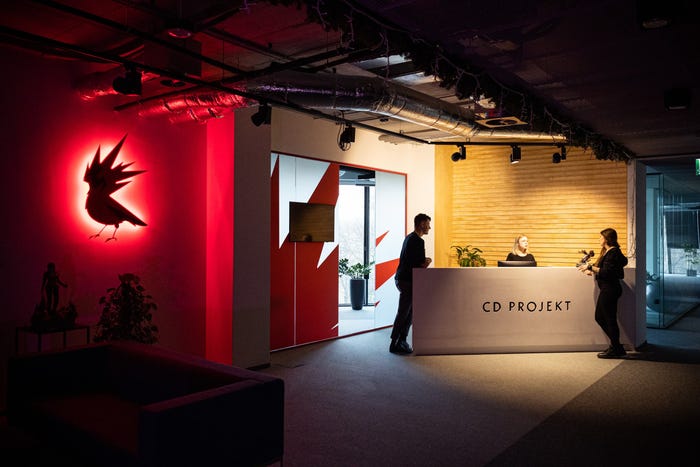
Image via CD Projekt
"I heard of at least one person who got bored to death planting teeny, tiny plants across The Witcher 3 map for around two years. I get it. It was just boring for them. And, you know, today with AI we could theoretically do stuff like that quicker, while letting the person [who would've been doing that job] do something more creative.
"In this case you can train the neural networks with your own assets, and the legal side of it is pretty clear. The more complex things are, I'd say, dubious morally [and] legally from every possible angle. So that's my answer."
Nowakowski feels that, for a company like CD Projekt, the biggest boon AI could offer is how it might streamline and speed up production. That's where the company is putting its focus right now, and with production timescales and budgets continuing to soar, it's easy to see why.
Reinventing the 'franchise wheel'
The Witcher and Cyberpunk have become two of the game industry's most recognizable franchises, but CD Projekt believes there's room to expand its cultural footprint beyond the world of games.
The company has already benefited from Netflix adaptations of both The Witcher and Cyberpunk, the latter of which was an animated series called Edgerunners that tied directly into the video game. Now, after sharing in their success by way of burgeoning brand awareness and rising player counts, Nowakowski explains the Polish company is eager to build what it has dubbed a "franchise wheel."
CD Projekt is hard at work on comic books, animation projects, and live-action adaptations, and it's clear those various machinations aren't mere side gigs. "Transmedia is a big deal," says Nowakowski. "We like to think as a company that is trying to make a difference in the broader world of entertainment, not just video games. Video games is always going to be the core, but we do like to think we're going to be trying to crunch pop culture a bit more as we go ahead."
Nowakowski explains CD Projekt isn't interested in crossing the multimedia divide purely because it's in vogue. "We want great transmedia entertainment, rather than doing it just to tick a box," he says. There's a concern that following market trends and timescales could result in half-baked productions, which would be rather counterintuitive when looking to attract new audiences and convince existing fans you're not just chasing a cash grab.
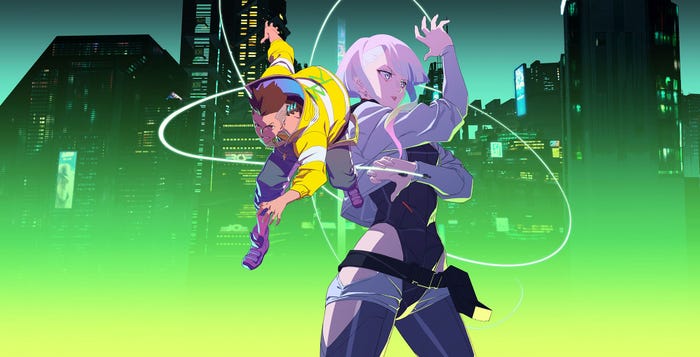
The Edgerunners anime helped revive interest in Cyberpunk 2077 // Image via CD Projekt
"We tried to put a great deal of focus on making things that are really going to be great. If we're making an anime, really try and make a great anime. If we're making a live-action project, let's try to make the best one we possibly can with the right people," he says.
"As for the desired effect, it's about interesting with fans in a meaningful and fun way. Yes, it can have the effect of bringing people back [into our games]. We've seen some of that with Edgerunners, when we combined that with the patch that launch around the same time [...] but then we switch to completely new consumers coming in and buying the game for the first time."
Nowakowski feels the relationship between CD Projekt's video game and transmedia projects should be symbiotic. For instance, he suggests Netflix benefited from having Edgerunners on its platform because the Cyberpunk hook reeled in an "initial audience" before it took off. Those projects, says Nowakowski, can have a "very good effect" on the long-term health of franchises like Cyberpunk, but "only if you actually do it the right way."
As CD Projekt's franchise wheel begins to turn–the company recently agreed to develop a live-action project set in the world of Cyberpunk 2077–it'll be fascinating to see whether the studio can replicate the success of other acclaimed adaptations such as The Last of Us, Fallout, and The Super Mario Bros. Movie. From Goomba to choomba? Let's wait and see.
About the Author(s)
You May Also Like


